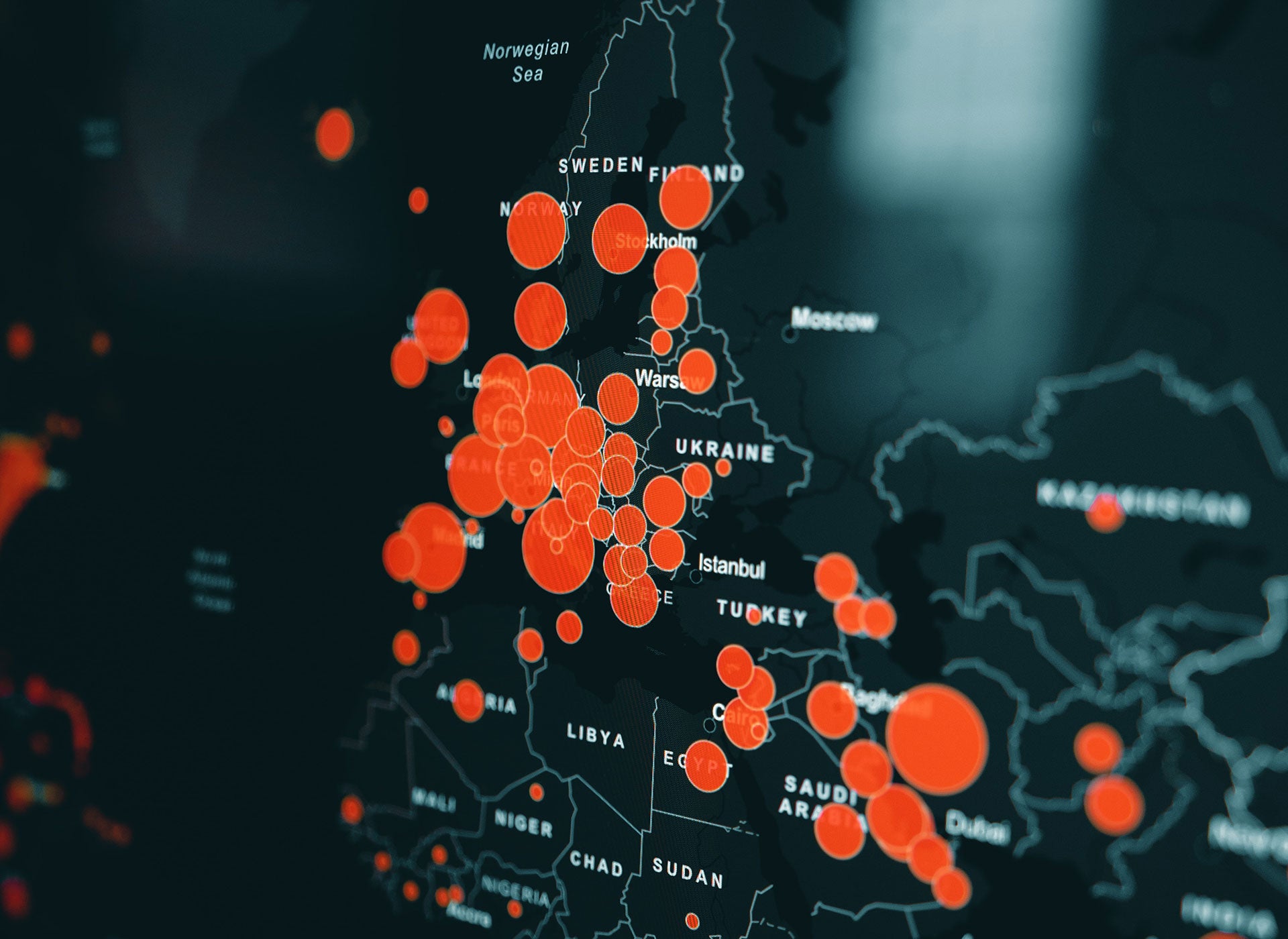
In the face of the current pandemic, a globally aligned approach to the gathering and analysing of data is critical in gaining control of Covid-19.
From tracking the spread of the virus and modelling different infection-rate scenarios, to anticipating where demand for medical supplies and PPE will be most critical, data is the single-most valuable asset in an informed response.
Last month, the UK government was able to notify 1.5 million people that they had been identified as vulnerable to the virus and should consider self-isolating for 12 weeks. This is an incredible feat, harnessing the world’s most extraordinary healthcare data set, made possible by a centralised body – the NHS.
The NHS has been collating data on our population for 70 years. If utilised and analysed properly, this could reveal trends that save lives and become a vital source of public health information globally – for this pandemic and beyond.
However, action needs to be taken to fully capitalise on this potential. The government acknowledged that there may be people unnotified due to a lack of data on this centralised system about an individual. Calls have been made allow people to share their ethnicity in the latest NHS questionnaire.
This approach also needs to be scaled to a global level – and to become the norm for effectively tackling future pandemics and tracking trends in public health.
How well do you really know your competitors?
Access the most comprehensive Company Profiles on the market, powered by GlobalData. Save hours of research. Gain competitive edge.

Thank you!
Your download email will arrive shortly
Not ready to buy yet? Download a free sample
We are confident about the unique quality of our Company Profiles. However, we want you to make the most beneficial decision for your business, so we offer a free sample that you can download by submitting the below form
By GlobalDataData and Covid-19: Overcoming privacy concerns
There are understandable concerns about privacy; the phrase ‘Big Brother is watching you’ still holds a powerful sway over society. The NHS is currently in dispute with Facebook and Google over the release of a contact-tracing app. The Big Tech firms are only supporting those apps which operate in a decentralised manner, to prevent governments from aggregating a data picture.
Let’s be clear – the aggregation of that large data picture by a centralised body is precisely what is needed to act appropriately.
This is not about private corporations or governments harvesting and profiting from consumers’ data. With an incomprehensible amount of lives on the line, it is about collating the anonymised data sets to build the global data picture with life-or-death ramifications.
There needs to be a world-wide recognition that centralised public health data is of critical importance. With the right commercial partnerships in place, it can be handled in an appropriately anonymous manner – with the return being thousands of lives saved.
But this goes beyond healthcare data. Historic examples demonstrate this mindset must be broadened even further than the traditional data sets scientists and analysts should be considering during the global pandemic.
An analysis of local shipping records revealed that an unexplained spike in respiratory-linked deaths in a town in Italy coincided with a shipment of peanuts – leading to connections being drawn between peanut dust and respiratory issues.
In the case of coronavirus, two recent studies on opposites sides of the world – US and Italy – have both revealed a tangible link between higher levels of air pollution, and significantly higher death rates in people with Covid-19. Such data can be used to inform targeted guidance for at-risk areas and the distribution of medical kit where demand may be higher.
No avenue should be off the table when it comes to collecting and analysing the data from which insights could be crucial so saving lives and livelihoods. Supply-chain logistics, satellite imagery for road traffic levels, infection rates of different demographic groups – all such data needs to be considered and analysed.
As different studies dotted across the world corroborate each other’s results in the face of the pandemic, it is clear there must be a cohesive strategy globally when it comes to data collection. A global data picture is the only one large enough to consider when tackling a pandemic of this scale.
With an inconceivable amount of lives at risk, a collective approach to data analysis and consistent communication on a global level will provide the greatest chance of gaining control of the pandemic.
Read more: Coronavirus: NHS contact-tracing app will fail without trust, academics warn







